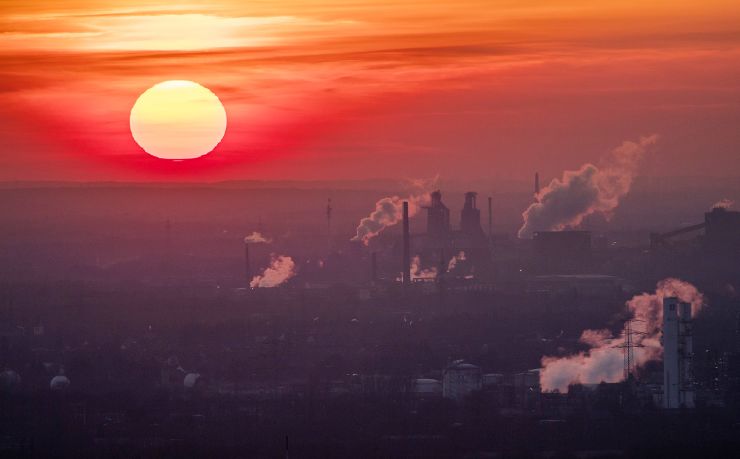
2016 is likely to have been the hottest year since global temperatures were recorded in the 19th century. (Photo: Getty Image)
Last month, deep in a 500-page environmental impact statement, the Trump administration made a startling assumption: “On its current course, the planet will warm a disastrous seven degrees by the end of this century,” CNN reported.
According to a study published on Monday in the Journal PNAS, a rise in average monthly temperatures is tied to a small increase in mental health issues. And over five years, a one-degree Celsius increase in average temperature results in an even greater prevalence of mental difficulties.
Nick Obradovich, the lead author of the study and a research scientist at the MIT’S Media Lab, said "We don't exactly know why we see high temperatures or increasing temperatures produce mental health problems."
"For example, is poor sleep due to hot temperatures the thing that produces mental health problems? We have a lot of work to do to figure out precisely what is causing what," Obradovich added.
Jonathan Patz, a professor and director of the Global Health Institute at the University of Wisconsin-Madison, said the study is consistent with recent work by other scientists, including his own recent research on heat waves and hospital admissions in Milwaukee, Wisconsin, over a 17-year period, he said.
Patz and his co-authors found that high temperatures impacted admissions for self-harm, including attempted suicide.
Patz said the strength of the study includes the high number of participants but noted that the data are "based on a single question about one's mental health and only at the monthly level."
"The most important point of this [new] study is that climate change, indeed, is affecting mental health, and certain populations (women and the poor) are disproportionally impacted," Patz wrote in an email.
Patz added that the study may underestimates the negative effects linked to changing the climate, and there might be "stress and despair" occurring "as governments and industry fail to react at the pace recommended by multiple scientific assessments."


